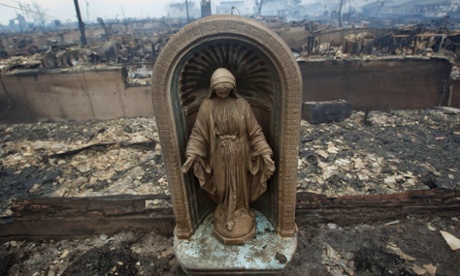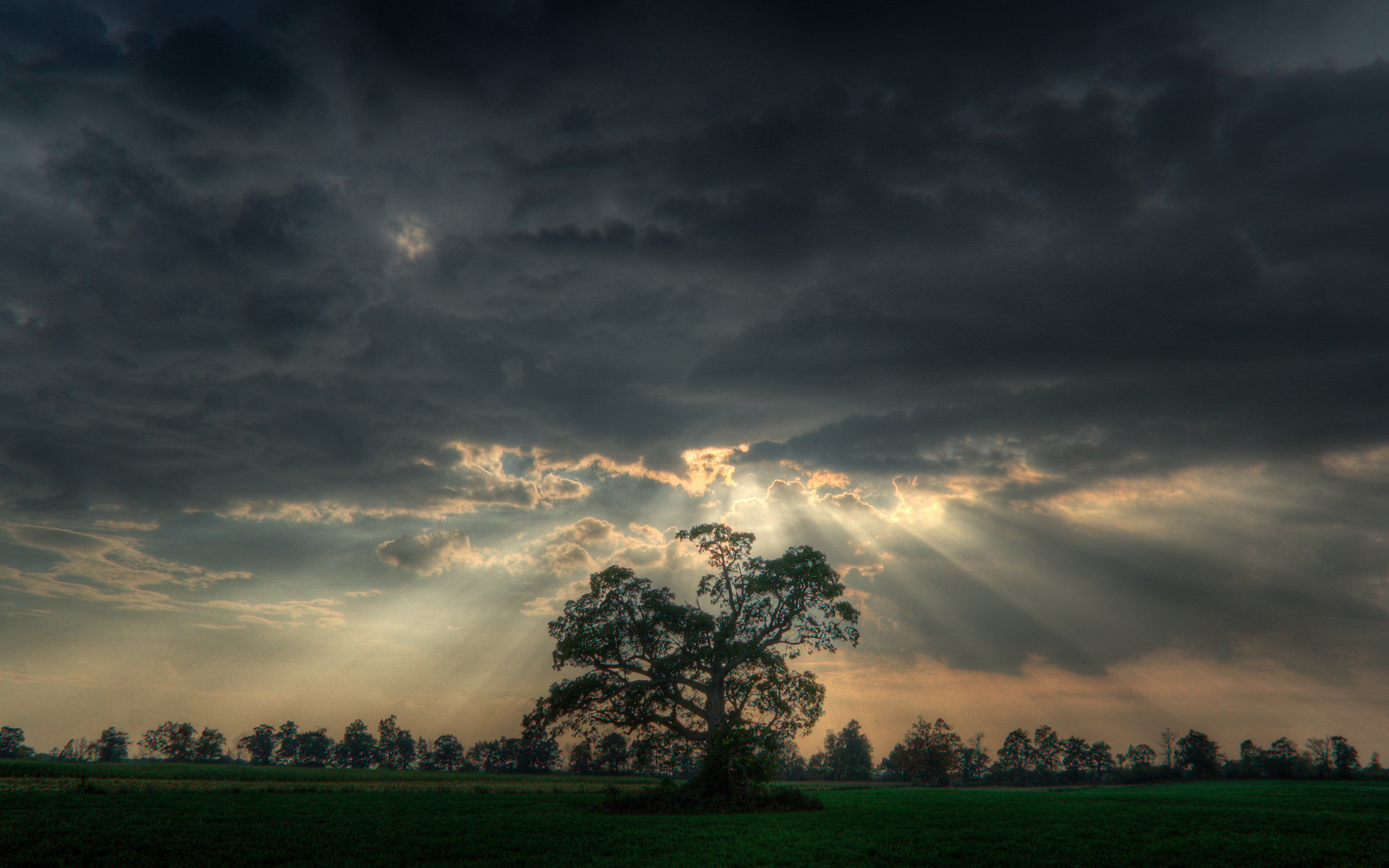Before Hurricane Sandy hit, I noticed on facebook some East Coast folks making light of the coming storm. They’ve never suffered a natural disaster. They have no idea what the weather may unleash on them in the coming hours, was all I could think.
Born and raised in a river valley, I have known floods firsthand. My parents (thirteen-year-olds in 1955), nearly lost their lives after a mighty storm blew out a river levee near their neighborhood on Christmas Eve night.
In 1986, when I was a teenager, another Pineapple Express (as these drenching rains from the Hawaiian Islands are called in California), inundated the rivers and flooded our local mall. My friend working at J.C. Penney’s was airlifted off the roof and the mall never recovered. A new mall arose on higher ground.
Wet and windy 1997, washed The Golden State once again. Scott, an Army Blackhawk helicopter pilot with the California National Guard back then, searched the floodwaters for survivors, while I huddled in a house on a hill with 55 evacuated city dwellers and 22 disoriented dogs. During this disaster, I discovered I was pregnant. When I told Scott over the phone about the baby, he replied, “I saw a cow on a roof today.” That was the end of our pregnancy talk. People and animals were drowning.
Why does it take storms for us to see how fragile we are as human beings? Life storms are like this, too. Divorce, disease, destruction of our finances open our eyes to the truth that we can be wrecked. In a season, in a matter of seconds, in a superstorm like Sandy, catastrophe comes and we ask the age-old question, “Why would a just and loving God allow us to suffer this way?”
I don’t know, but here’s what the Bible says: “During the days of Jesus’ life on earth, he offered up prayers and petitions with loud cries and tears to the one who could save him from death, and he was heard because of his reverent submission. Although he was a son, he learned obedience from what he suffered,” Hebrews 5:7-8.
Part of learning obedience is discovering we aren’t in charge. God is. And God isn’t a lovey dovey, I’m okay, you’re okay, politically correct person. The God of the Bible demands blood and death for sin. Even without a person’s sins involved, God may still bring death and destruction, and demand to be glorified through it all.
In the story of Job, storms and suffering came not because Job was sinful. God brought the righteous man Job to Satan’s attention. Then the LORD said to Satan, “Have you considered my servant Job? There is no one on earth like him; he is blameless and upright, a man who fears God and shuns evil” Job 1:8. God then allowed Satan to kill Job’s kids in a wind storm, destroy all Job owned, and afflict Job with sickness to the point he begged to die. In the midst of Job’s suffering, he questioned God, and here is what God said, “Will the one who contends with the Almighty correct him? Let him who accuses God answer him!”
In response, Job says, “I am unworthy — how can I reply to you? I put my hand over my mouth. I spoke once, but I have no answer — twice, but I will say no more” Job 40:2-5.

The Lord then spoke to Job out of the storm:
“Brace yourself like a man; I will question you, and you shall answer me. Would you discredit my justice? Would you condemn me to justify yourself? Do you have an arm like God’s, and can your voice thunder like his?” Job 40:7-9.
God basically said to Job, “I am God and you are not! How dare you question me little man!”
There are times when God’s voice thunders. Like several days ago when Hurricane Sandy screamed ashore. There is nothing like a wall of water to show us how helplessly human we really are. “Jesus, oh Jesus,” a woman on the news cried out in the wake of Sandy’s destruction.
After enduring his own Frankenstorm, Job said to the LORD, “I know that you can do all things; no plan of yours can be thwarted. You asked, ‘Who is this that obscures my counsel without knowledge?’ Surely I spoke of things I did not understand, things too wonderful for me to know. You said, ‘Listen now, and I will speak; I will question you, and you shall answer me” Job 42:2-4.
Both Jesus and Job responded to suffering by learning obedience to God. Job’s suffering also brought about a vivid understanding of God’s greatness.
Before the storm, Job said, “My ears had heard of you.” After suffering the storm, Job replied, “but now my eyes have seen you. Therefore I despise myself and repent in dust and ashes.” Job 42:5-6.
After all this, “the LORD blessed the latter part of Job’s life more than the first,” Job 42:12.
 The Lord then spoke to Job out of the storm: “Brace yourself like a man; I will question you, and you shall answer me. Would you discredit my justice? Would you condemn me to justify yourself? Do you have an arm like God’s, and can your voice thunder like his?” Job 40:7-9.
The Lord then spoke to Job out of the storm: “Brace yourself like a man; I will question you, and you shall answer me. Would you discredit my justice? Would you condemn me to justify yourself? Do you have an arm like God’s, and can your voice thunder like his?” Job 40:7-9. 

6 Comments
Leave your reply.